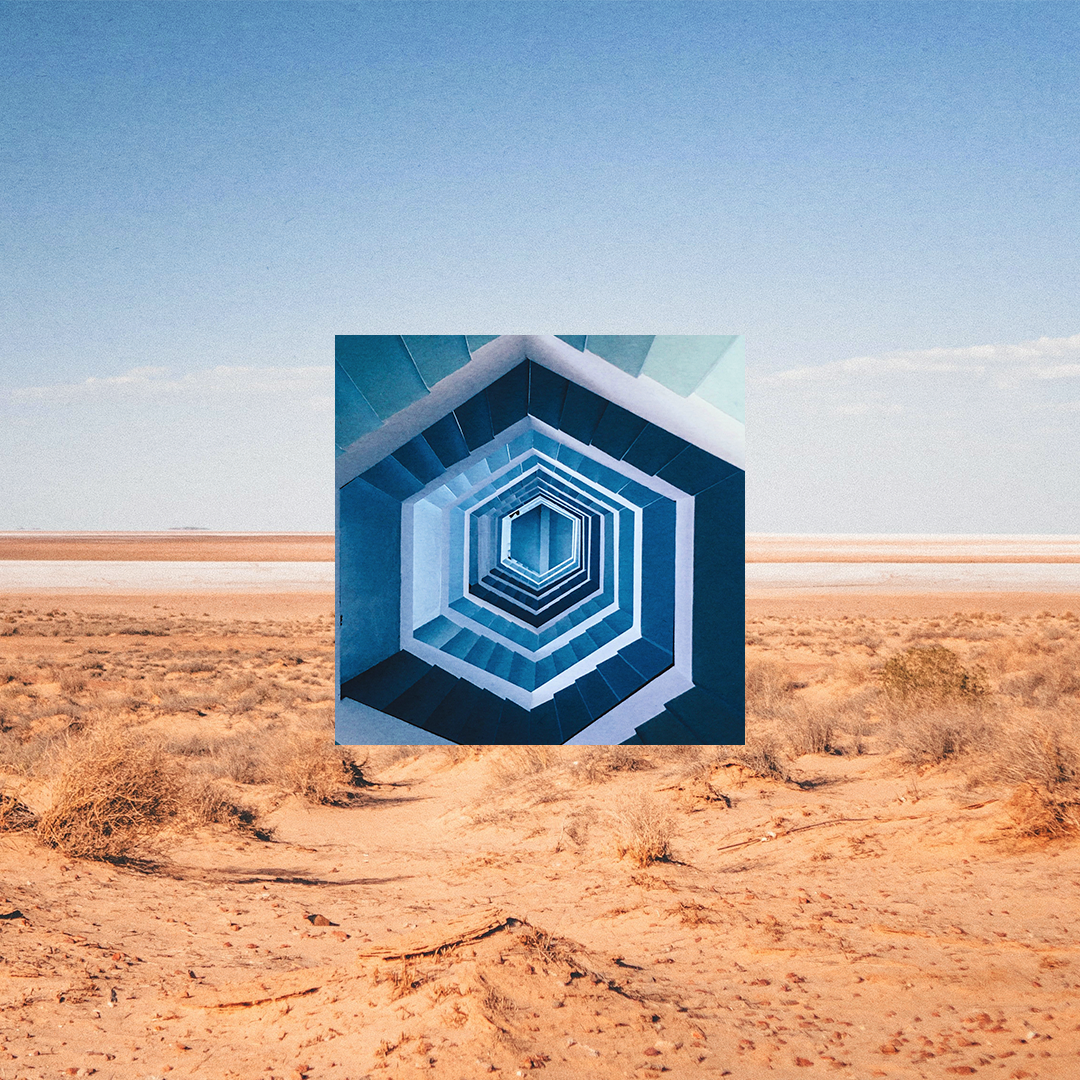How to Stay Beautiful When the Economy Turns Ugly

Poor economists. They’re so often the butt of business jokes: they were invented to make weather forecasters look good; if you put four of them in a room you’ll get at least five opinions; they’re so efficient at their jobs they usually manage to predict at least ten of any two recent recessions. All very unfair, perhaps, given the difficulties inherent in forecasting today’s deeply complex global economic system. And, let’s face it, it’s still these same economists we turn to for reassurance when the doo-doo hits the fan and we need answers as to why, or how bad it might get.
The current milieu is a case in point. The global economy currently faces steep challenges, due to the Russian invasion of Ukraine, a cost-of-living crisis, and the slowdown in China—not to mention the ongoing effects of the pandemic. “How to prepare for Recession 2022” has become an increasingly popular search query on Google. Stock markets are becoming “bears” (Wall Street jargon for a stock market decline of at least 20 percent). Things are getting wild.
More globally, we have entered a historic period of hiring freezes and layoffs. Ford Motor is to cut up to 8,000 jobs to reduce costs and intensify its focus on electric vehicles. Since Elon Musk initially announced his acquisition of Twitter, the company has reduced 30% of its talent acquisition team. Uber is becoming a “leaner business” to address a “seismic shift” in investor sentiment, and will “treat hiring as privilege”. Klarna has conducted a second round of layoffs just four months after shedding 10 percent of its workforce. And Microsoft has restricted expenses on travelling and company gatherings. The list of sadness goes on, and on, and on.
But despite the encroaching ugliness there are reasons to be optimistic—and ways to remain beautiful
Consumer confidence is strong, as is the labor market. And while we might have to tighten our belts and check our savings and investments, recessions can also deliver real opportunities. Not only that, they can help us to reassess what is essential and meaningful about what we do, and remind us that the bare minimum still holds space for beauty.
And let’s remember: we are not alone in this. While we are weathering the economic turbluence together, we are arguably more strongly united by our aspiration to live in a world where beauty trumps despair. To gather support, we turned to members of our community from startups, corporates, and nonprofits, and asked them to share their insights, experiences, and tips to maintain beauty during what Martin Reeves, chairman of the BCG Henderson Institute, calls “a period of persistent multidimensional uncertainty.” Where and how can we discern the signals and sparks of beautiful businesses? Many are seeing new directions and opportunities for business growth within the current economic landscape, be it in the office culture, business education, team relationship design, or restructuring.

“While rising interest rates lead to a certain amount of short-termism by discounting the future,” Reeves says, “the uncertainty is also leading to more conversations about purpose and renewal, and an expanded awareness of the ecological, social and political context of business. I interpret this as evidence of both the need and possibility of reimagining individual businesses and business overall.”
Seeing the unexpected advantages this economic uncertainty presents is a question of attitude. Greg Sherwin, senior principal engineer at British-Portuguese luxury fashion retail platform Farfetch, regards it as “the seasonal nature of business. The thing to remember about seasons is they always present opportunities and priorities that were unfashionable just before. So for us that has meant a focus on eliminating waste, reducing employee frictions where we can, and planting and nurturing the seeds for future scalability and growth.”
Even just acknowledging the feeling of uncertainty can be enough to prompt a creative response to economic and social hardships. Teddy Zmrhal, global vice president of design and innovation at U.S. cloud-based software company Salesforce, claims that “the feeling of uncertainty driven by the uniqueness of our current environment is more significant than immediate economic headwinds. Design methods are uniquely positioned to help organizations navigate and respond creatively to change. As more people practice this way of thinking, we’re seeing a rise of new operating models that are not only more flexible and resilient, but also more sustainable, equitable, and just.
The team has become acutely aware of how to collaborate and connect. They monitor the health of their relationships and invest in making them stronger. The trust they’ve built with people helps determine if they’ll meet a/synchronously, which medium they’ll use (text, audio, video, face-to-face), and the mix of tools that best supports the nature of the work. We’re just beginning to codify these patterns of relationship design now we’re settling into this super connected, work from anywhere world.”

Obligation vs. Responsibility
If Salesforce is reinforcing connections and conversations to keep spirits high, other businesses such as Swedish fintech startup Zimpler are operationalizing work culture, reassessing work choices, and redefining responsibility. Abel Buko, the company’s diversity and CSR (Corporate Social Responsibility) manager, says:
“We recently restructured a little and made the unique choice to move the diversity and CSR manager role into the operations department directly under the COO. It’s most often you see DE&I roles in HR and CSR roles in marketing. It says a lot about the scope and vision for those topics. By moving them into operations, it means they’re now integrated into the very bones of our organization.”
The primary tool now used across the company is responsibility, Buko says. Being responsible means assuming the full impact of a choice made, and most businesses simply don’t take the time to uncover these full impacts, only the ones that affect them personally. As a result, they live in obligation, and struggle. But while obligation is bland, responsibility is beautiful, and that understanding is key.
“My approach to the diversity and CSR Manager role is fully based on the eco-feminist integrated oppression principle,” Buko says, “It says that everything from women to immigrants to oceans are treated unfairly in the same ways. So, a solution to one form of inequality is often the solution to many others.”
Todos Juntos
Seeing responsibility in this light is truly a question of value; Greg Sherwin believes that values are one of our most powerful tools in terms of staying beautiful: “It always goes back to values,” he states. “Values drive how you do the business of business in any season. And your values really matter when they are tested. If you value people, beauty, or caring for your customers…you have to back it up.”
One of the key values at Farfetch, says Greg, is ‘Todos Juntos,’ Portuguese for ‘all together.’ “When the pandemic hit and we closed offices, we made a deliberate choice to hold on to our fellow staff members who took care of housekeeping and served meals. We always treated them as an integral part of our work family, even when their roles changed a lot while our offices were closed.
So when offices reopened, it was like greeting the work family again. It beautifully reaffirmed with everyone why those values were important. So it only made sense that when we decided to make the difficult decision to halt doing business in Russia due to the Ukraine invasion, we held on to our employees in our Moscow office. Every organization needs to make sacrifices, but your values guide where you prioritize them while retaining your beauty and integrity.”

“I am because you are!”
For Andrea Kates, Silicon Valley-based corporate strategist, the reassessment of values can create a new kind of business ecosystem. “There’s a consistent theme for coping with supply chain shortages and economic uncertainty that’s showing up in the Nordics, LATAM, India, and North America,” she says.
Echoing Martin Reeves’ earlier comments, she also adds: “Organizations are becoming very proactive in building a new type of selective ecosystem. The old approach to ecosystems focused on profit or on platform. We envisioned ourselves as serving or being served by the other players. They were our suppliers, we were their vendors. Lately I’m struck by how large corporations in practically every industry are taking a very intentional approach to building ecosystems based on purpose.”
And speaking of purpose: Dr. Rudi Kimmie, CEO at Cape Town’s TSIBA Business School, explained how his institution found its objectives within the context of transitioning out of a debilitating and dehumanising apartheid system. Their students have been shaped by the harshness of the triple helix of poverty, high unemployment, and economic inequality, and receive a values-focused educational curriculum to integrate compassion, paying-it-forward, and empathy with commercial skills, entrepreneurship and business acumen.
“In an increasingly VUCA (volatile, uncertain, complex and ambiguous) world,” Dr. Kimmie says, “building resilience into business and personal models by becoming woke to complexity, anticipating global trends and being willing to “learn, unlearn and relearn,” will develop intelligence to mitigate potential hardships. The economic headwinds can be managed more efficiently and resiliently when business models integrate beautiful practices centrally into the core business culture, organizational conduct and transactions. These translate loosely into support for each other, care for the environment, and care for the customer. This is aptly captured in the African humanist philosophy of Ubuntu, which translates as ‘I am because you are!’”
